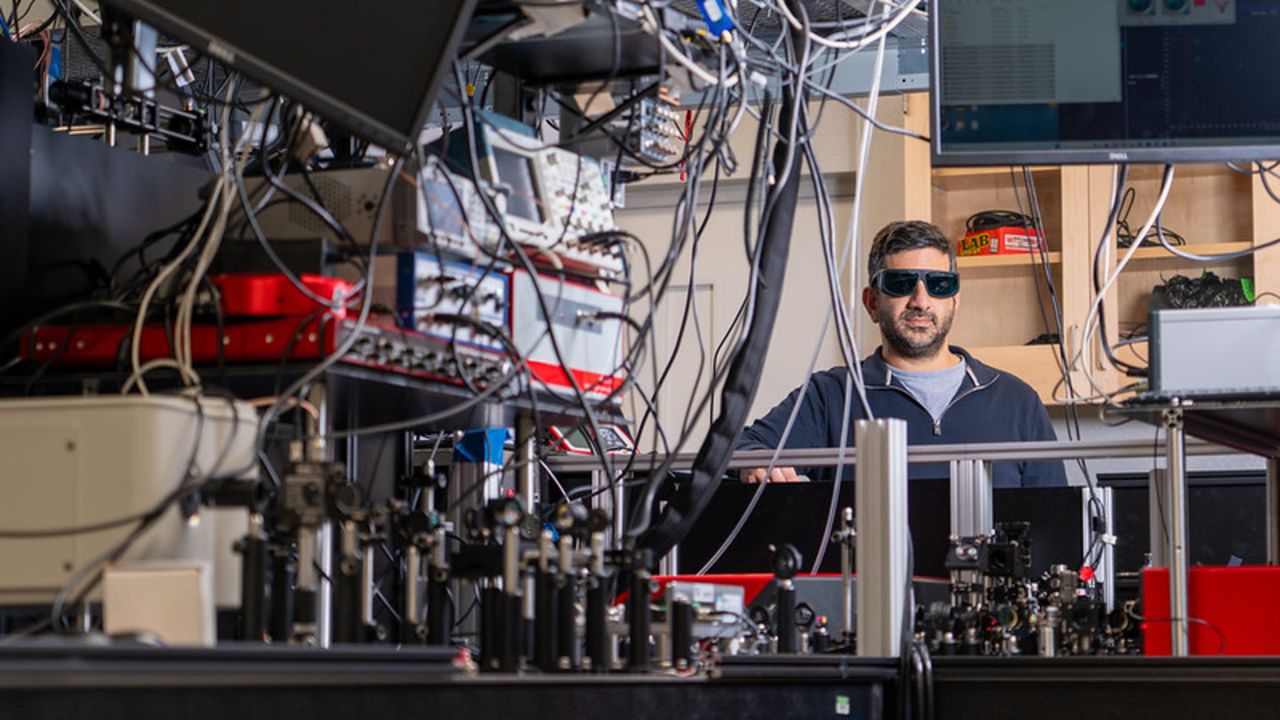Astronomers’ telescope ‘hack’ uncovered a lopsided star
PositiveScience
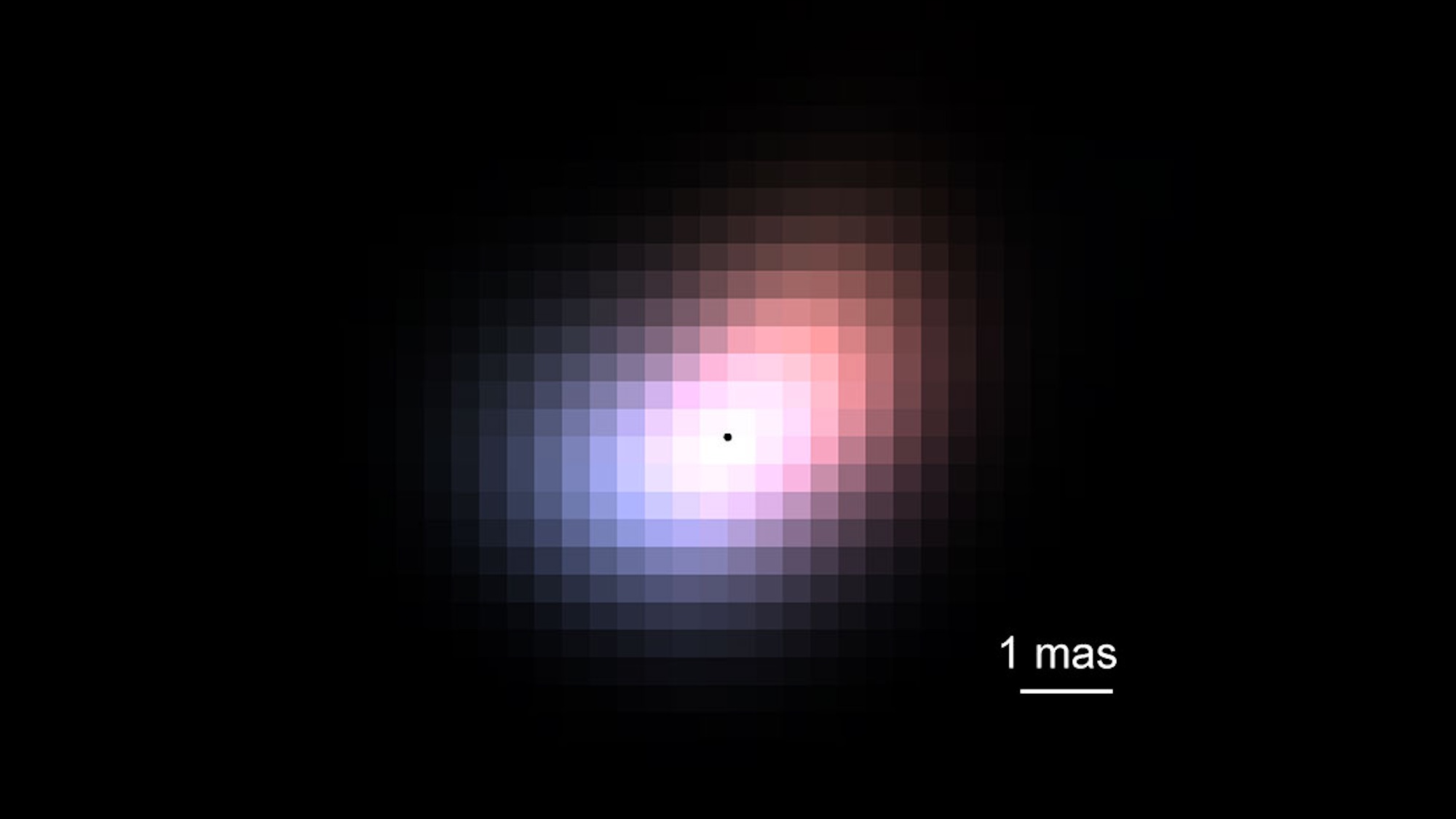
Astronomers have made an exciting discovery about the rapidly spinning star beta Canis Minoris, located about 162 light-years from Earth. This finding is significant as it showcases the innovative techniques used by scientists to uncover new details about celestial bodies, enhancing our understanding of the universe. Such discoveries not only spark curiosity but also inspire future research in astronomy.
— Curated by the World Pulse Now AI Editorial System
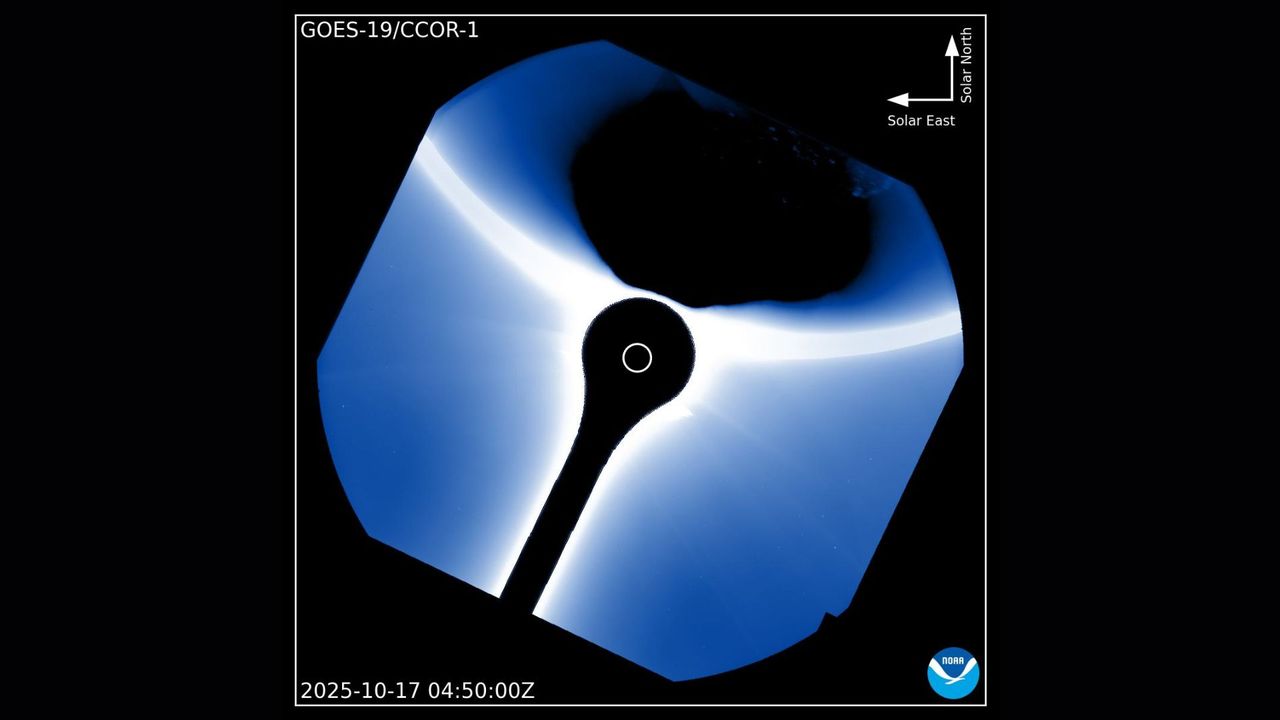

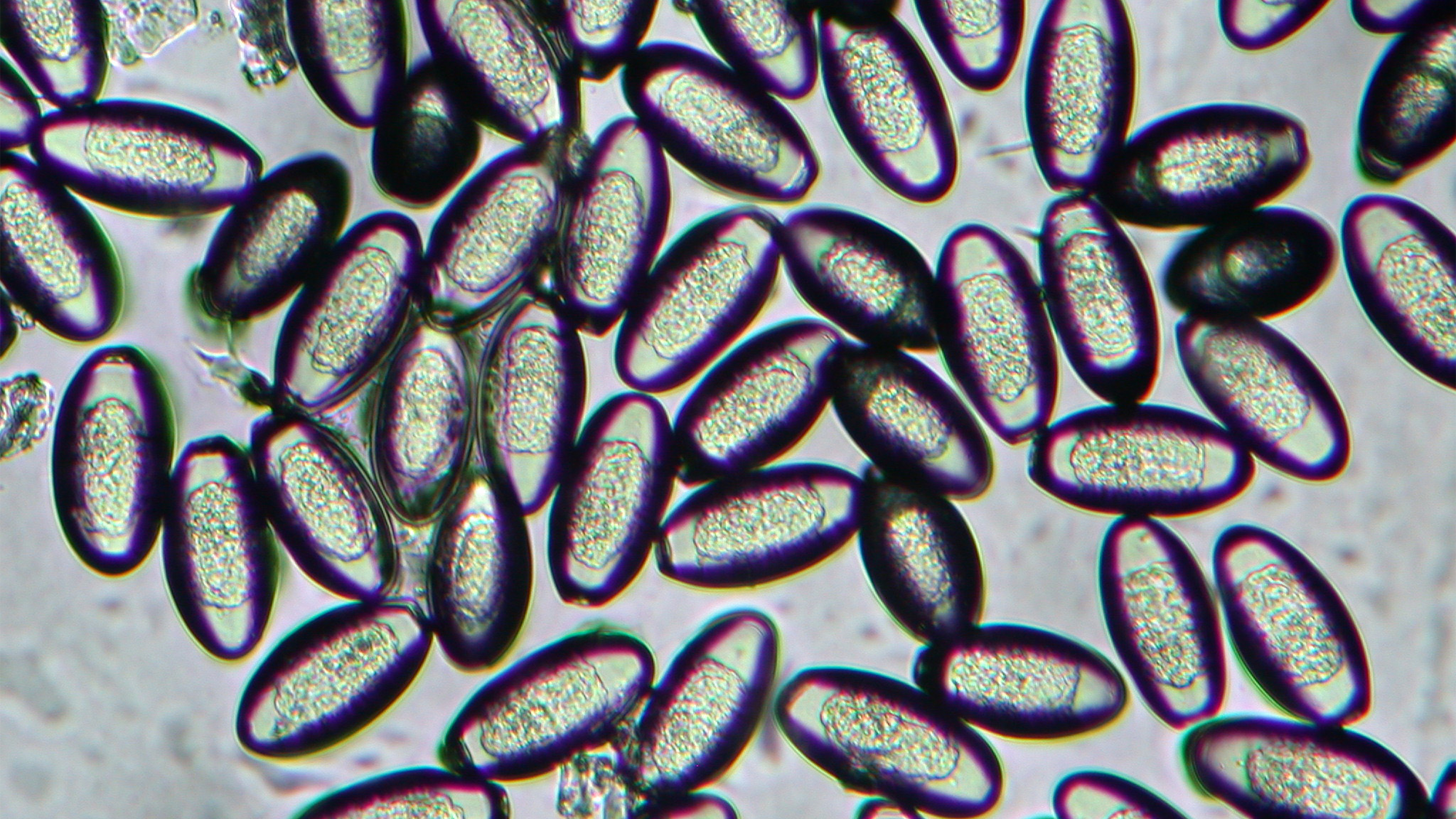



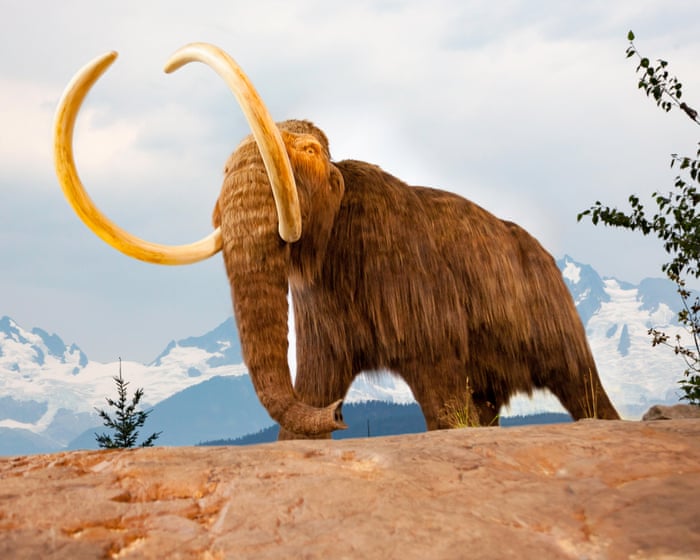


/https://tf-cmsv2-smithsonianmag-media.s3.amazonaws.com/filer_public/2b/13/2b132c3e-2d0a-47b4-8c6b-62b954d9a9af/smithmag-podcast-s04-ep15-aeroecology-article.jpg)
/https://tf-cmsv2-smithsonianmag-media.s3.amazonaws.com/filer_public/c4/6e/c46e33ea-a5b4-43ed-bf42-557bf97b1427/nov2025_h13_tristiangooley.jpg)
